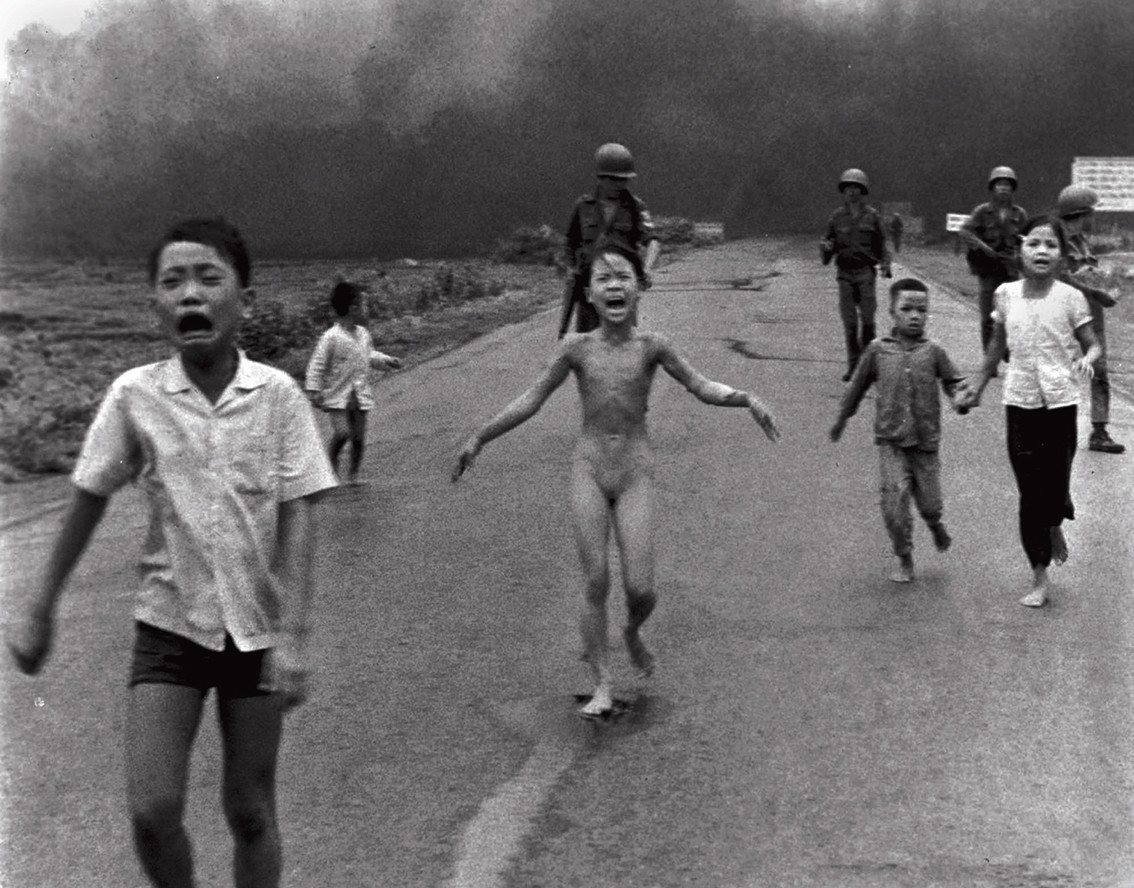That entiiiiiiiiiire Gulf War was a MASSIVE "bill of goods" that was sold to the America public through nightly {well,actually 24/7!!!], sanitized images of "smart bombs" being detonated on Iraqi targets. The mainstream media editors almost all felt bad that they chickened out, and squashed that images--after the fact. They admit, later on, that they were in dereliction of duty by squashing that image, and promoting the US government's "embedded journalist" line of propaganda. That was a verrrrrrrrrry weird, media-waged, unprecedented war type action for the USA. The American film "Wag The Dog" with Dustin Hoffman, appeared around that time, and it had a good message RE fake wars on TV and how to wage a faked "TV war" to win over the public by snow-jobbing them.
The Grenada invasion from earlier was not on TV. The Falklands war was not on TV. But the "Gulf War" was waged largely on CNN, and the U.S. news magazines and newspapers and CNN and the network TV channels all sanitized the entire thing. The way we wiped out 4,000 or so soldiers in full retreat, in a motorized a column, was shameful--and we never heard a word about it!!!




